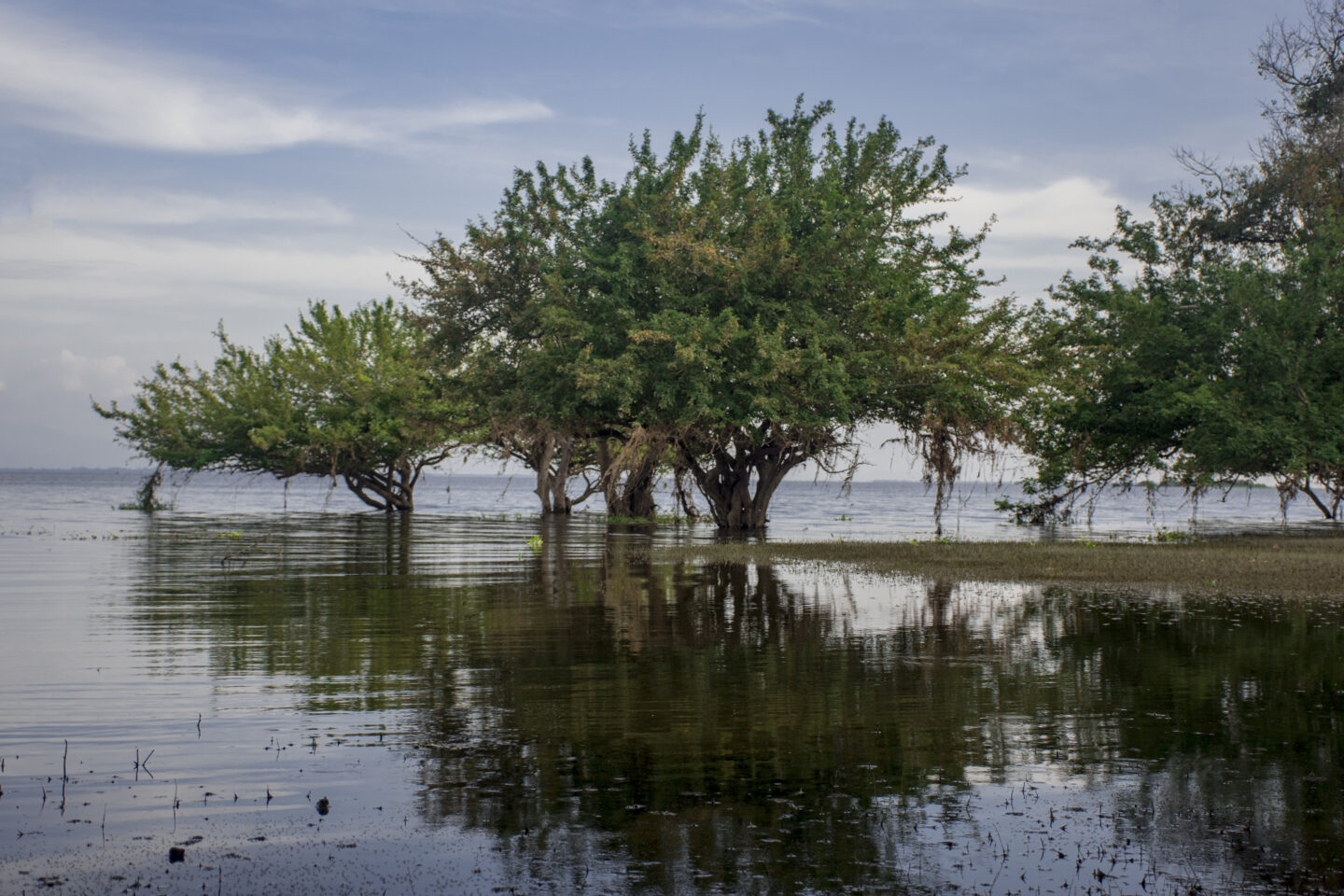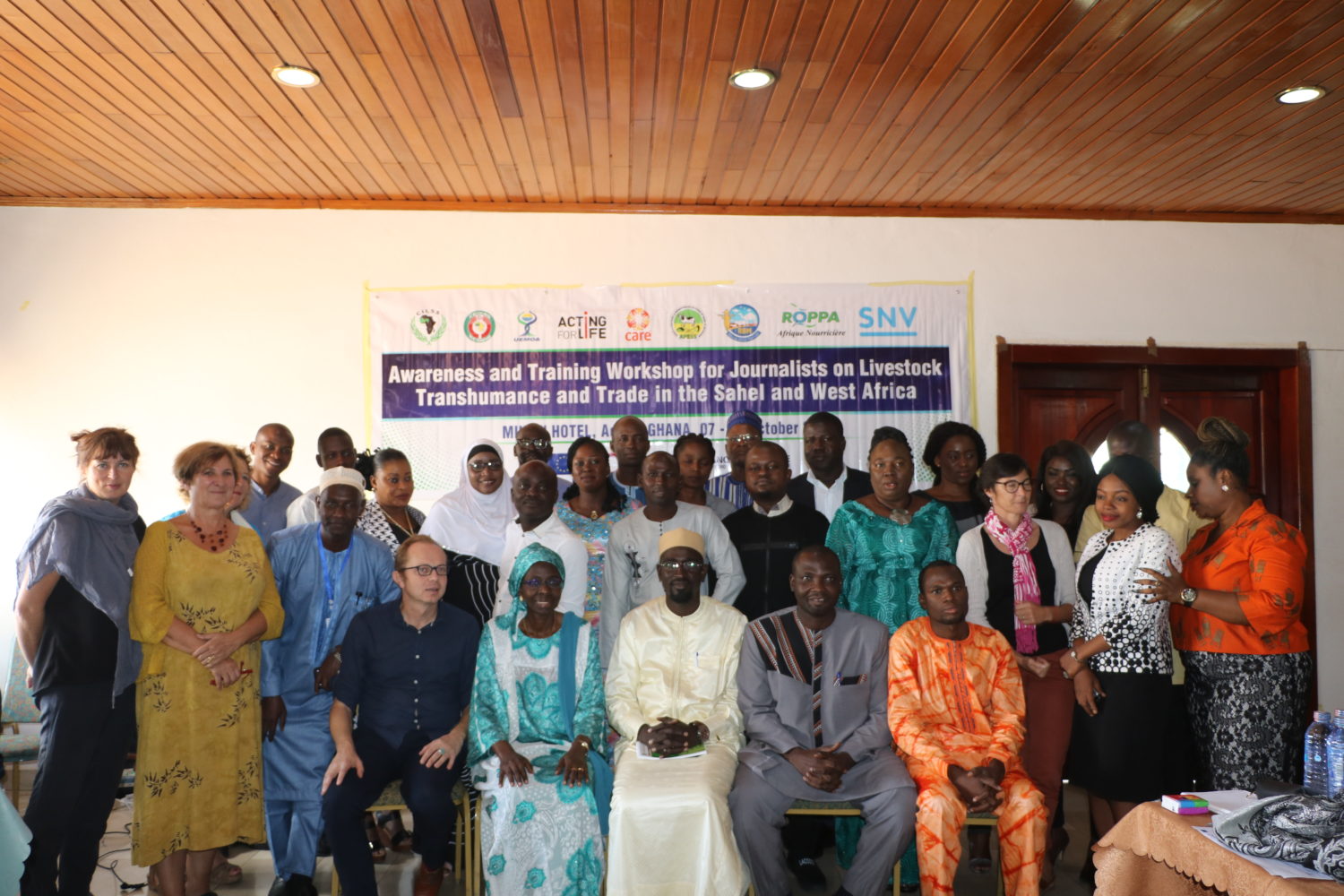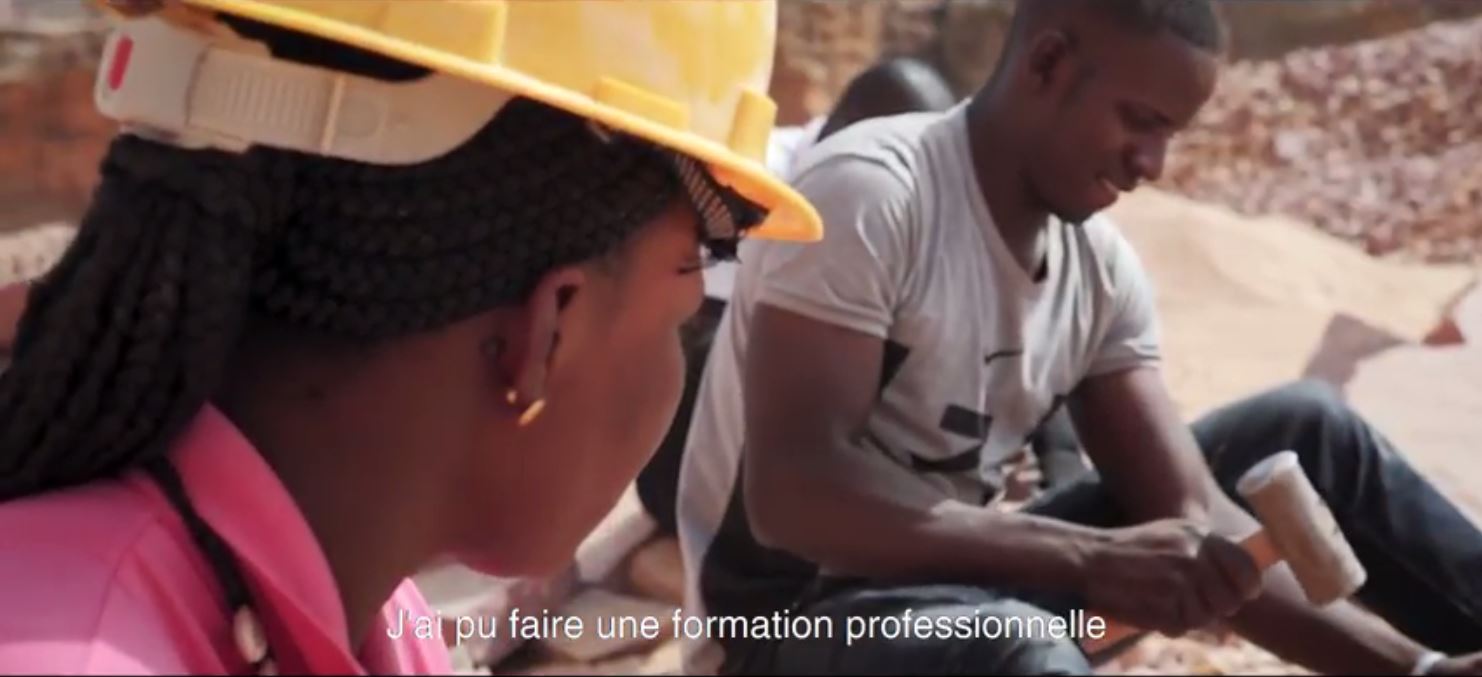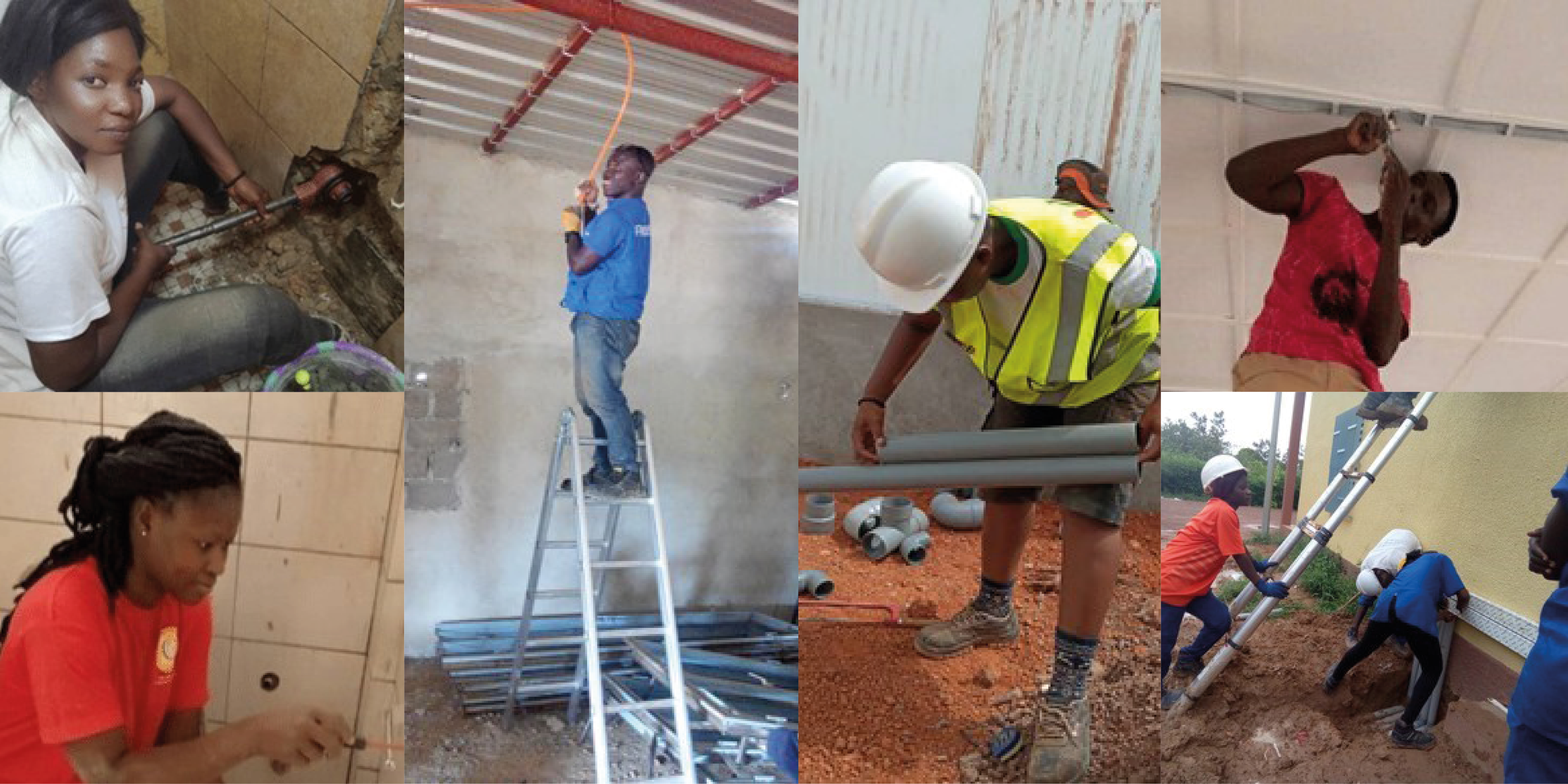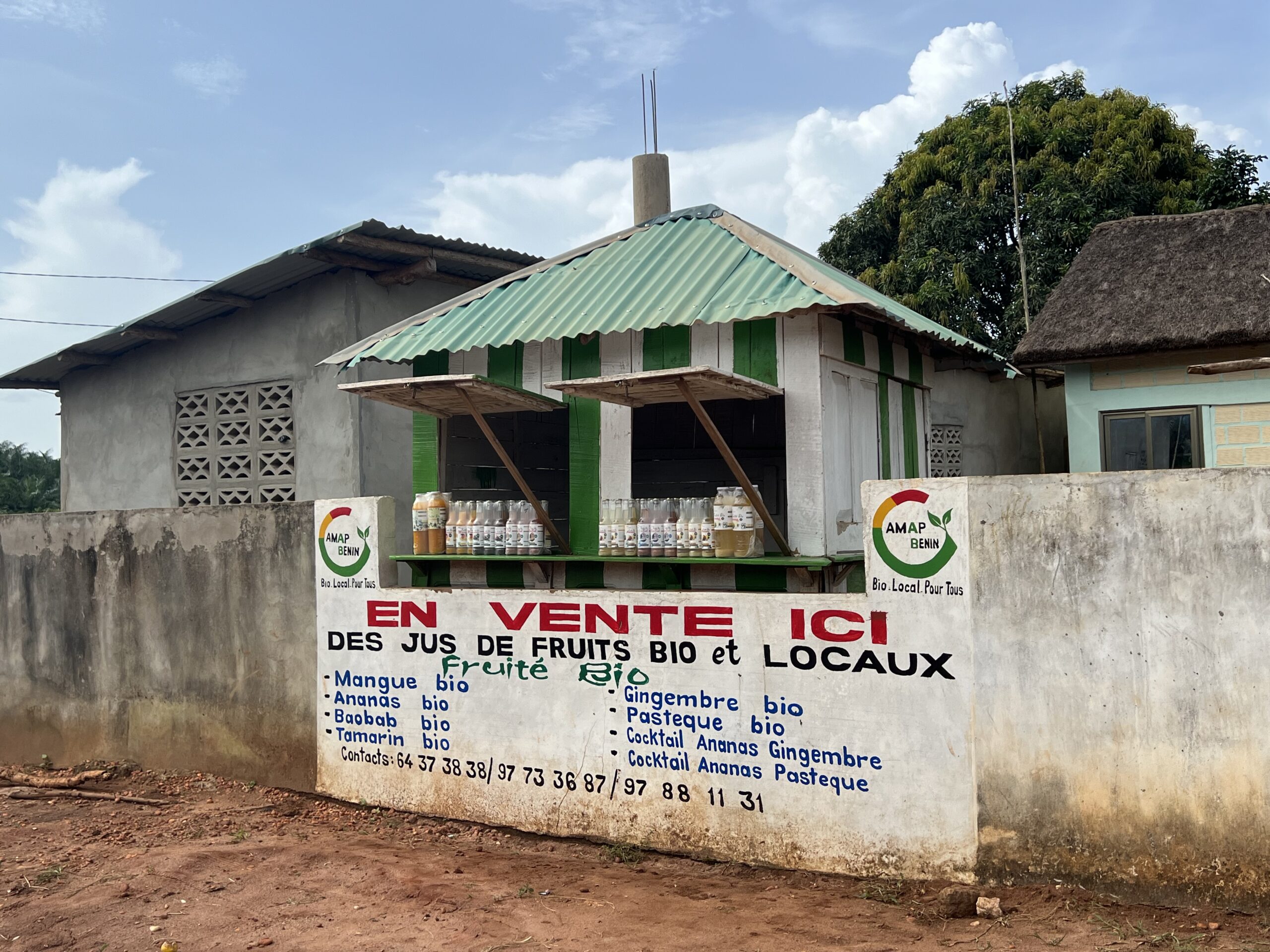Through its three areas of activity, Acting for Life is pursuing its commitment to the climate and the ecological transition.
With no country spared from the consequences of climate change, the United Nations High Commissioner for Refugees (UNHCR) predicts that there will be 250 million climate refugees in the world by 2050. Mainly located in Africa and Latin America, the most vulnerable populations will bear the brunt of the consequences. Added to this is a situation made more complex by economic, social and gender inequalities at a global level.
This is an essential step towards climate justice, even though the richest industrialised countries are historically responsible for global warming[1]. And the consequences of climate change will intensify dramatically in countries that do not bear responsibility for the current and future situation.
Acting for Life is pursuing its commitment to the climate and the ecological transition. On the one hand, it is identifying actions that are specific to its operations and on which it can reduce its negative impact (reducing the carbon footprint by optimising local and international travel, reducing energy consumption at head office, etc.). Secondly, it is working to improve the positive impact of its projects, which are at the heart of its activities. |
Agropastoralism
By supporting livestock mobility, an intrinsic condition for the ruminant livestock sector in West Africa, Acting for Life is promoting a beef production system that is resilient to climate change, adapted to the specific features of fodder production in the Sahel, and helps to maintain biodiversity. Through transhumance, cattle maintain the savannah rangelands, stabilising the herbaceous layer and encouraging tree regeneration. Tropical savannahs have a greater capacity to sequester carbon in the soil than any other ecosystem. When livestock mobility is preserved, herds play a protective role in dryland ecosystems, making them more resilient. Conversely, when natural pastures are converted into agricultural land, these benefits are lost. Emissions from livestock are offset by carbon sequestration in the soil and vegetation. All in all, transhumant livestock farming comes close to carbon neutrality.
Food Systems and Ecosystems
To meet the challenge of feeding towns and cities with local, high-quality produce, Acting for Life is helping small-scale producers and processors to produce in a sustainable way that takes account of environmental issues, and to set up short marketing channels. In this way, producers and processors improve the quality of their products and gain access to certification, adding value to their products. By including an agro-ecological dimension in cultivation practices and preserving ecosystems, family farming develops new systems that are more resilient to the effects of climate change and increases the positive impact on the environment (better soil and water management, reduced air pollution and greenhouse gas emissions, protection and preservation of biodiversity, etc.), while improving income from marketing products.
Formation et Insertion Professionnelle
In the countries where Acting for Life operates, the challenges of the ecological and climatic transition are generating new training needs and creating opportunities for professional integration in many sectors of activity. The training and professional and social integration projects run by the association are part of this ecological transition through the agricultural (agro-ecology) and food sectors, the building and public works sector (eco-construction, photovoltaic electricity, use of local materials) and by teaching how to preserve natural ecosystems.
[1] According to GIEC reports (Groupe d’experts intergouvernemental sur l’évolution du climat).
